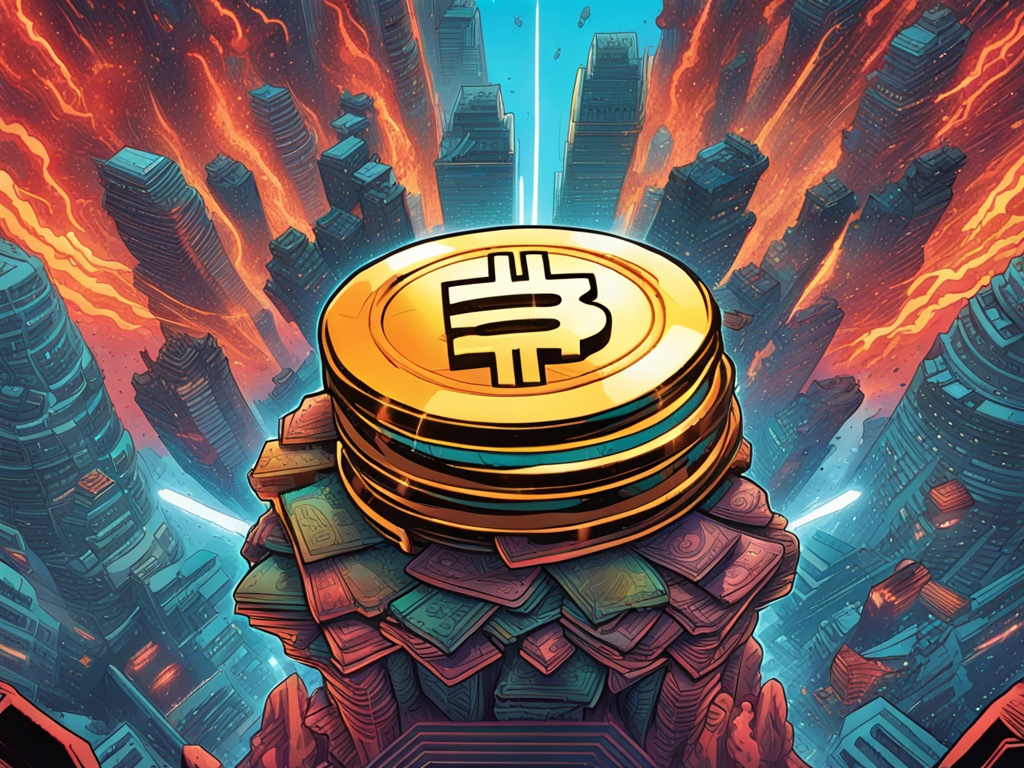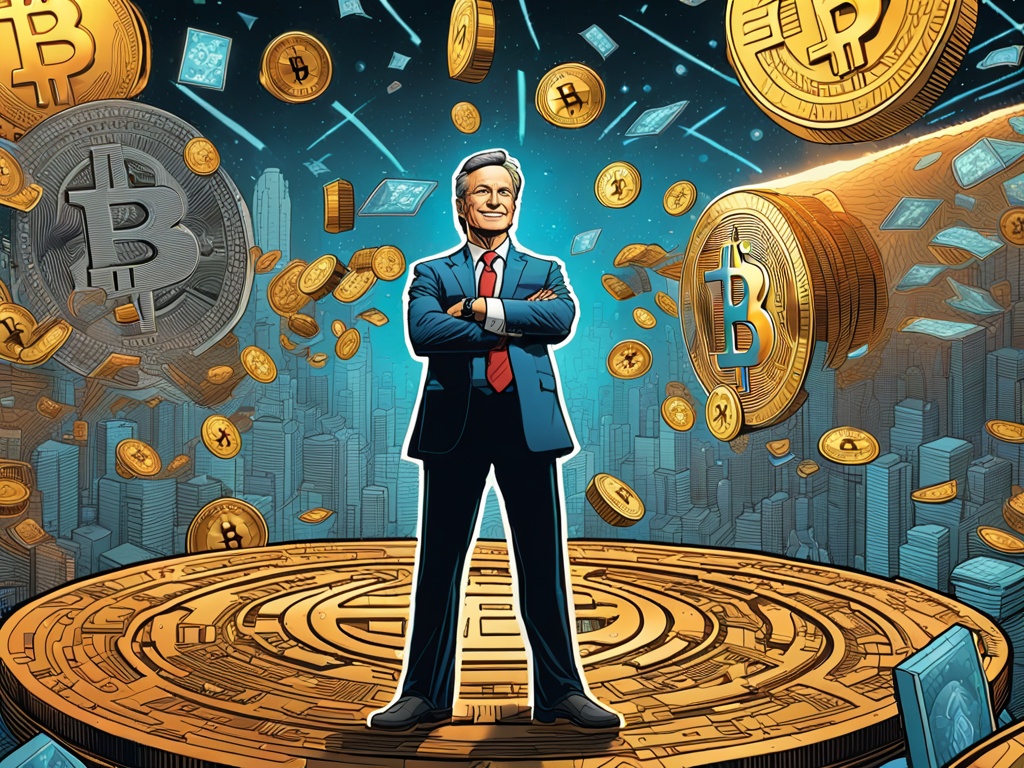What’s the Buzz About OpenAI and Legal Challenges in India?
You know, it’s such an interesting time in the world of tech, don’t you think? As a young Indian woman diving into the crypto space, I find myself constantly reflecting on how emerging technologies, like AI, intersect with our rapidly evolving digital economies. Recently, there’s been a lot of chatter about OpenAI’s legal tussle in India, which has implications not only for the AI landscape but also for cryptocurrencies and tech investments as a whole. Let’s dive into what’s happening and how it might affect the crypto market.
Key Takeaways:
- OpenAI is facing a lawsuit in India for allegedly using copyrighted material without permission for training its AI models.
- The Delhi court is set to hear the case, raising questions about jurisdiction and copyright laws.
- This case reflects broader tensions between technology firms and content creators, which could influence investor sentiment in the crypto space.
The Legal Setting: A Storm in an Indian Teacup
So, the backdrop of this entire situation is a legal battle initiated by ANI, a local news agency. They allege that OpenAI has used their published content without consent, which makes for a spicy courtroom drama! OpenAI argues it can’t simply delete its training data because it’s bound by U.S. laws that require them to preserve this information for the time being. They say, “Hey, we don’t even have a permanent base in India, so why should this court have jurisdiction over us?”
This situation sheds light on deeper issues surrounding copyright and intellectual property rights, especially as more and more businesses pivot toward leveraging technology, such as cryptocurrencies and blockchain, to distribute content and services.
The Ripple Effect on Cryptocurrency
Now, you might be wondering—what does all of this have to do with the cryptocurrencies we keep seeing in the news? Well, legal uncertainties like this can create ripples of fear or excitement in the market. Investors may become more cautious about investing in projects that rely heavily on AI or tech due to potential legal challenges. Conversely, companies that clearly define and protect their proprietary content might find themselves as attractive investment opportunities.
Practical Tips for Investors:
- Stay Informed: Keep an eye on the outcomes of legal cases like this. The way courts start to interpret laws surrounding AI and copyright could pave the way for how other emerging technologies, including cryptocurrencies, are regulated.
- Diversify Your Portfolio: Don’t put all your eggs in one basket! Invest across various sectors and technologies to mitigate risks associated with legal, regulatory, or market volatility.
- Evaluate Technology Partners: Look for investment opportunities in companies that have robust legal frameworks governing their use of technology, like copyright and content ownership. You’ll want to avoid those that are treading on shaky legal ground.
A Growing Concern for Content Creators
The legal spat showcases a crucial ongoing concern: content ownership. Just as ANI feels threatened by OpenAI’s use of their material, countless other content creators in various fields might have similar concerns. In the crypto world, though we are often tinkering with decentralized models, the principles of copyright and ownership still apply.
This tension might lead to the rise of blockchain-based platforms focusing on content ownership, where creators can tokenize their work. Imagine a world where your art or writing is stored on a blockchain, ensuring you’re always credited, and you can control how it’s used. That’s where the excitement lies!
Personal Insights and Future Implications
This case really resonates with me, as it embodies the struggle between innovation and traditional values. As women, especially young women in tech and investment spheres, we are often told what we can and cannot do. Yet here we are, shaping the future of technology!
I believe that as these legal frameworks form, they could dictate the future of how AI and blockchain coexist. Should OpenAI come out of this on a strong footing, it could potentially establish new norms in tech law, influencing how projects in the crypto space are structured. It reminds me of our own journey in life—sometimes, the bumps in the road lead us to newfound clarity and better paths ahead.
Wrapping it Up
So, in the grand tapestry of economic evolution, the case against OpenAI serves as a crucial touchpoint. The dynamics between AI, copyright, and cryptocurrencies paint a vivid picture of challenges and opportunities we may encounter. And it prompts me to ask you—How do you think legal battles like this one will shape the future of technological innovations and investment opportunities in the crypto space?
Together, let’s keep an open mind and stay engaged in this fascinating journey ahead!





 By
By
 By
By
 By
By

 By
By